SIEF Young Scholar Prize 2027
About the Prize
The prize is awarded for journal articles or independent book chapters (not from monographs such as dissertations) based on original research and published in refereed publications in the three years preceding the next SIEF congress.
The next prize will be presented in 2027. It will be awarded to a refereed article and chapter published in 2024, 2025, 2026. Works that are still in press will not be considered, but their authors are encouraged to submit them for the next prize once they are published. The article or book chapter should be written in English. Publications written by two co-authors will be accepted, however, both should be young scholars.
For the purposes of the prize, young scholars are defined as scholars who completed their PhD degree 4 calendar years or less before the publication date. Scholars who are not members of SIEF are welcome to join the society before submitting.
Submissions (your article or book chapter and a short CV) should be sent to sief@meertens.knaw.nl no later than 1 December 2026.
2025 Winners: Ognjen Kojanić
Read more ...
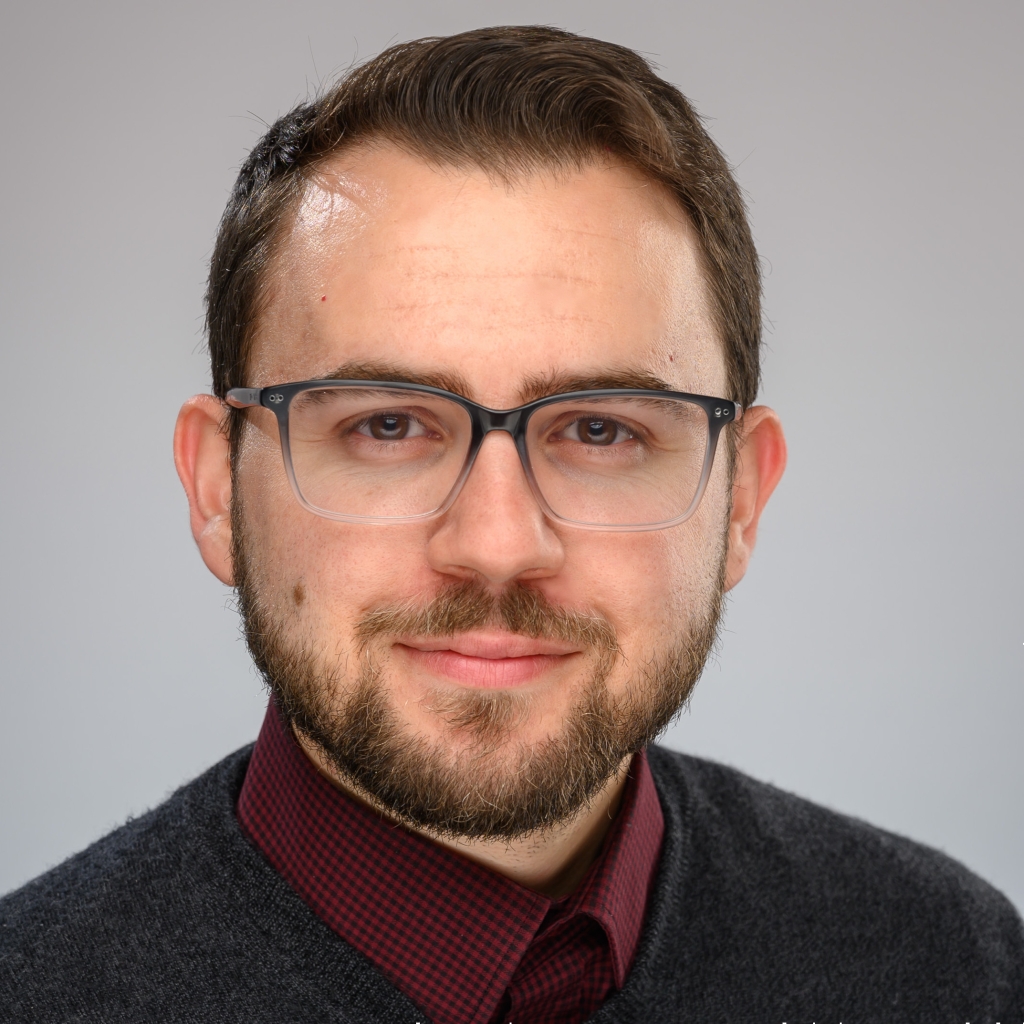 Ognjen Kojanić won the SIEF Young Scholar Prize 2025 for his article Micron Engagements, Macro Histories: Machines and the Agency of Labor in a Worker-Owned Company.
The article was published in History and Anthropology 35,4 (2023): 827–47.
Ognjen Kojanić won the SIEF Young Scholar Prize 2025 for his article Micron Engagements, Macro Histories: Machines and the Agency of Labor in a Worker-Owned Company.
The article was published in History and Anthropology 35,4 (2023): 827–47.
In this remarkable ethnography of a worker-owned metalworking factory in Ivanec, Croatia, Ognjen Kojanić explores how industrial machines—some decades old, others brand-new—become sites through which workers negotiate their place in a rapidly shifting political economy. He zooms in on the material, affective, and temporal entanglements that define life on the shop floor: the aging machines that “should be in a museum,” the skillful improvisation required to “chase microns,” and the intergenerational frictions and solidarities between old and young workers.
Yet what makes this article so compelling is not just the richness of its ethnographic detail, but its theoretical audacity. Ognjen Kojanić takes seriously the idea that labor is not merely subjected to global capitalism, but that it actively shapes it. He reminds us that macroeconomic transformations are, in fact, made and unmade in micro-practices—through decisions to repair a machine, to mentor a younger colleague, or to resist privatization. In doing so, he engages with Marxist theory, science and technology studies, and the anthropology of infrastructure, without ever losing sight of the lived realities of his interlocutors. This is indeed a rare and powerful synthesis. Importantly, his work insists that the Balkans are not merely a site of “post-socialist transition” but a generative context from which to rethink categories such as ownership, value, and modernity.
2023 Winners: Nikola Balaš and Camilo Leon-Quijano
Read more ...
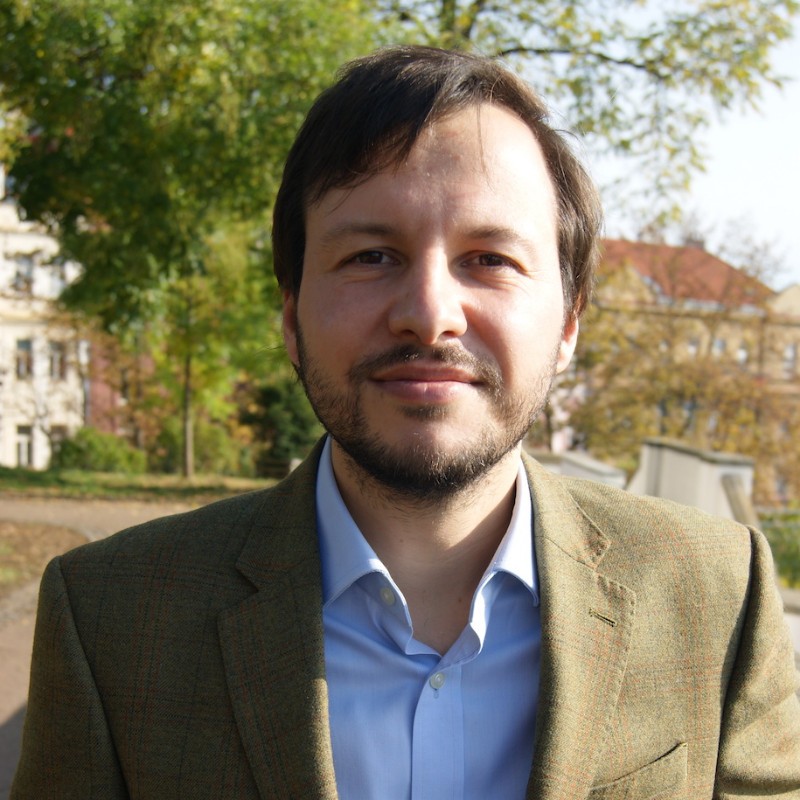 Nikola Balaš won the SIEF Young Scholar Prize 2023 for his article Through a peephole: Vladimír Karbusický, the secret police and the scholarly ethos in socialist Czechoslovakia in "History and Anthropology 2022". The article is a case study based on analysing a dossier that the Czechoslovak secret police created in the 1960s on the Czech folklorist Vladimír Karbusický. In the 1960s, Karbusický established fruitful contacts with ethnographers abroad, among whom was Gerhardt Heilfurth, a West German ethnographer. This connection aroused the interest of the secret police. They feared that Karbusický might be a West German agent and began to monitor his private and professional life. The subsequent surveillance is a remarkable testimony of the incursion of the secret police into the scholarly world. It shows how the police’s actions diminished the autonomy of the scholarly world, influenced career paths and contributed to the formation of academic habitus. However, the dossier can be also read as a testimony of a persisting academic autonomy. It suggests that the Communist Party and the secret police were not entirely successful in their aims to control society. Furthermore, it even seems as if the secret police served ethnographers as a tool for paying off their own scores.
Nikola Balaš won the SIEF Young Scholar Prize 2023 for his article Through a peephole: Vladimír Karbusický, the secret police and the scholarly ethos in socialist Czechoslovakia in "History and Anthropology 2022". The article is a case study based on analysing a dossier that the Czechoslovak secret police created in the 1960s on the Czech folklorist Vladimír Karbusický. In the 1960s, Karbusický established fruitful contacts with ethnographers abroad, among whom was Gerhardt Heilfurth, a West German ethnographer. This connection aroused the interest of the secret police. They feared that Karbusický might be a West German agent and began to monitor his private and professional life. The subsequent surveillance is a remarkable testimony of the incursion of the secret police into the scholarly world. It shows how the police’s actions diminished the autonomy of the scholarly world, influenced career paths and contributed to the formation of academic habitus. However, the dossier can be also read as a testimony of a persisting academic autonomy. It suggests that the Communist Party and the secret police were not entirely successful in their aims to control society. Furthermore, it even seems as if the secret police served ethnographers as a tool for paying off their own scores.
Nikola Balaš is a postdoctoral researcher at the Institute of Ethnology of the Czech Academy of Sciences. He currently works on finishing a book under the working title An Ethnographic Chiefdom: The Production of Knowledge in Czechoslovak Ethnography and Foklore Studies, 1968–1989, the manuscript of which is bound for Berghahn Books. He tries to develop the sociology of Pierre Bourdieu for the purposes of studying science and the production of knowledge in state socialism. Among his other interests are political anthropology, anthropology of religion, anthropological and sociological theory and the relationship between philosophy and social sciences.
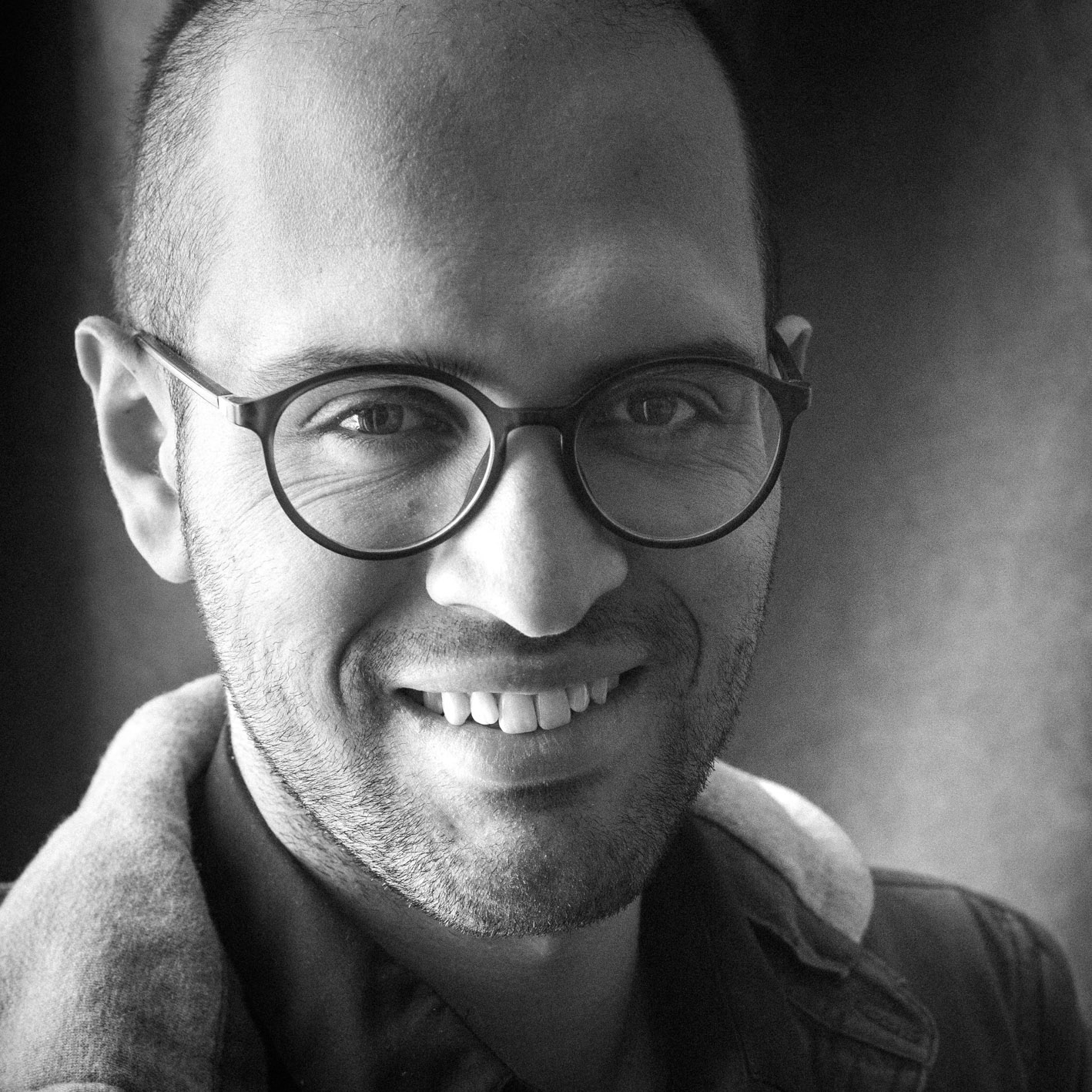 Camilo Leon-Quijano won the SIEF Young Scholar Prize 2023 for his article Why Do ‘Good’ Pictures Matter in Anthropology?, published in Cultural Anthropology 37, no. 3: 572–598.
Camilo Leon-Quijano won the SIEF Young Scholar Prize 2023 for his article Why Do ‘Good’ Pictures Matter in Anthropology?, published in Cultural Anthropology 37, no. 3: 572–598.
This article explores the relationship between photography and anthropology. It focuses on the phenomenological bond between the picture-taking process and the politics of visual representations by looking at an object that has shaped the discipline since its very origins. Based on a series of visual encounters in a French banlieue, I describe to what extent good pictures are relative, incomplete, uncertain, sometimes inconsistent, and contain contradictory objects interacting with existing cultural and photographic conventions. I argue that good pictures are experienced pictures that go beyond the realm of a photograph. To this end, I consider the material and experiential connections between photography, sound, and text. Finally, I discuss how anthropologists’ pictorial choices redefine the material and experiential ties to photographic materials. From a critical standpoint, a good picture might challenge the politics of visual representation of the imaged subject through both a photographic and ethnographic engagement.
Camilo Leon-Quijano is a photographer and postdoctoral researcher in visual anthropology at CNRS (CNE/FEE). Ph.D. from the EHESS, he explores the relationship between photography and anthropology in urban settings through multimodal, creative, and participatory methods. His work has received multiple scientific and photographic recognitions. Widely exhibited and featured in several media (British Journal of Photography, Washington Post, Fisheye Magazine, Liberation, Paris Match, VICE, Days Japan), his visual research has been recently published in Cultural Anthropology, Visual Anthropology, and HAU: Journal of Ethnographic Theory. His latest book La cite : une anthropologie photographique (Éditions de l’EHESS, 2023) explores the social life of images in a French banlieue.
2021 Winner: Ahmad Moradi
Read more ...
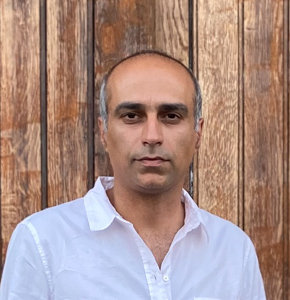 Ahmad Moradi won the SIEF Young Scholar Prize 2021 for his article The Basij of neighbourhood. Techniques of government and local sociality in Bandar Abbas, published in: Hilal Alkan and Nazan Maksudyan (eds.), Urban Neighbourhood Formations: Boundaries, Narrations and Intimacies (Routledge 2020), 237-257.
Ahmad Moradi won the SIEF Young Scholar Prize 2021 for his article The Basij of neighbourhood. Techniques of government and local sociality in Bandar Abbas, published in: Hilal Alkan and Nazan Maksudyan (eds.), Urban Neighbourhood Formations: Boundaries, Narrations and Intimacies (Routledge 2020), 237-257.
The paper is a timely examination of the important issues that animate the micro-environments of neighbourhoods. The author’s powerful ethnography is based on fieldwork he conducted among the Basij units, or "revolution guardians", a paramilitary organization operating in Iran. The case-study takes existing conceptions of power and community into a new geographic and political terrain.
Its street-level observations of everyday enactments of power provide a revealing portrait of how local politics and social structures influence space and place, and how stability is negotiated in fragile communities. Both engaging and, at times, compelling, Moradi reveals the complexity and, sometimes, the beauty of neighborhood politics.
Ahmad Moradi received his PhD from the University of Manchester in 2019. He has been a postdoc at École des Hautes Études en Sciences Sociales, and is a visiting scholar at Freie Universität Berlin (2021—2023).
2019 Winner: Ceri Houlbrook
Read more ...
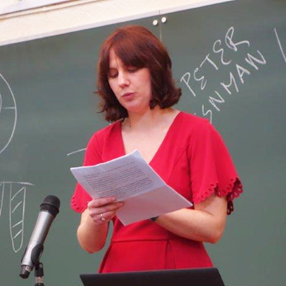 Ceri
Houlbrook won the SIEF Young Scholar Prize 2019 for her article ‘The Concealed Revealed: the ‘Afterlives’ of Hidden
Objects in the Home’, published in: History Workshop Journal 85,
2018, 195-216.
Ceri
Houlbrook won the SIEF Young Scholar Prize 2019 for her article ‘The Concealed Revealed: the ‘Afterlives’ of Hidden
Objects in the Home’, published in: History Workshop Journal 85,
2018, 195-216.
What happens when people come across concealed deposits in their homes
left behind up the chimneybreast, under floorboards, or hearthstones
by former residents? Shoes, pots or dead cats? What resources of
knowledge do they mobilize and what afterlife do these things enjoy?
What meanings are attributed to them and how do they involve their
finders in new social networks everyday ‘curatorial’ practices?
These are some of the questions the excellent prize-winning article by
Ceri Houlbrook, University of Hertfordshire, addresses. A
consideration of what would commonly be called superstition, this
article is, above all, a sensitive and highly reflective study on how
humans today deal with things and the knowledges provoked by them: “a
sense of obligation and heritage protection”.
The paper, mainly based on interviews with people who have made such
discoveries, is distinguished by its very innovative treatment of this
theme at the interface of folklore, heritage, and material culture
studies. It is an engaging, provocative, and clear study that opens an
inspiring vista onto what the afterlives of historical things bring
into our shared experience of the present.
Ceri Houlbrook has been an Early Career Researcher in Intangible
Cultural Heritage at the University of Hertfordshire since 2016. She
holds an MA in Constructions of the Sacred, the Holy and the
Supernatural and a PhD in Archaeology both from the University of
Manchester.
2017 Winner: Lorenzo D'Orsi
Read more ...

The winner of the SIEF 2017 Young Scholar Prize is Lorenzo D’Orsi (1985), with his paper Trauma and the Politics of Memory of the Uruguayan Dictatorship, published in Latin American perspectives, issue 202, Vol. 42, 3 (2015) p. 162–179.
D’Orsi has a PhD degree in cultural anthropology at Bicocca University of Milan. He conducts research on intergenerational memory transmission of political violence and on new social movements in Turkey. His article is based on his fieldwork in Montevideo for an MA degree at Sapienza University of Rome.
The prize was awarded to him on Monday 27 March 2017, 16.00 hrs,
during the 13th
International SIEF Congress in Göttingen (Germany), and D’Orsi
presented his prize winning research in a public lecture.
2015 Winner: Čarna Brković
Read more ...
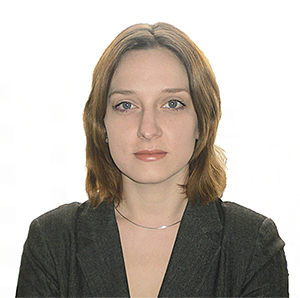
The SIEF Young Scholar prize of 2015 was awarded to Dr. Čarna Brković (Montenegro) for her scholarly contribution Scaling Humanitarianism: Humanitarian Actions in a Bosnian Town in Ethnos. Journal of Anthropology of 2014.
Čarna Brković is a postdoc fellow at the Institute for Advanced Studies, New Europe College, Bucharest (IAS NEC), but moves on 1 May 2015 to a new postdoc position at the Institute for East and Southeast European Studies, University of Regensburg (IOS Regensburg).
The prize was given to her on 23 June 2015 during the 12th SIEF International Congress in Zagreb (Croatia), and there Brković presented her prize winning research.
2013 Winner: Ruth Goldstein
Read more ...
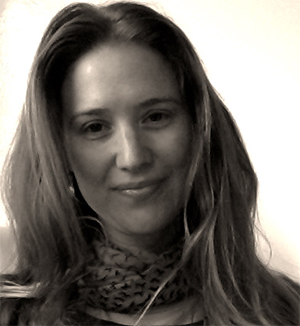
The winner of the 2013 prize was Ruth Goldstein from Berkeley for
her article ‘Talking Drums and Ethical Conundrums’. Ruth Goldstein is
a PhD candidate in the joint medical anthropology program at the
Universities of California, Berkeley (UCB) and San Francisco (UCSF).
She holds a MA in folklore from UCB.
Download the
article (PDF) or go to the online version published in Anthropology Matters 2010, Vol 12 (1)
The prize was awarded to her in recognition of ethnological research
of outstanding quality and unusual originality. Though dealing with
the very difficult matter of the ritual of female circumcision among
the poorest women in the world, it recognizes important ethnographic
ethical perspectives and presents sophisticated new ways of regarding
how complex the ritual is in the everyday life of these women. Using a
triangular methodological framework Goldstein shows how it is possible
to throw new light on the ritual.
Goldstein presented
her research at the International SIEF Congress in July 2013 in
Tartu, where the prize was awarded to her.
2011 Winner: Vihra (Wichra) Barova
Read more ...
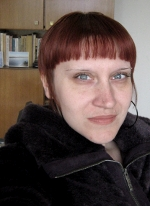
SIEF's Young Scholar Prize winner of 2011 was Vihra (Wichra) Barova
(Institute of Ethnography, Bulgarian Academy of Science, Sofia)
Family networks and exchange between town and village in
Bulgaria
The focus of this research is strongly connected to the
intense periods of urbanization, following the Second World War and
the collapse of socialism in 1989, which did not appear to cause a
break up of relations between urban and rural residents of the same
kin. Although migrations between towns and villages created a physical
separation, relatives have remained bound to each other through
varying levels of commitment.
The central research topic focuses on family networks that operate between countryside and city and the kinds of social and economic strategies that are employed. The research work looks at family networks and their differing degrees of personal embeddedness with respect to kinship and descent. I will focus on two levels of kinship, with regard to different groups of relatives and their unique needs. These groups differ in the sense of being actual or normative kin.
The question is: what do family members exchange (in the sense of economic, social, and cultural capital) in times of transition and insecurity in order to maintain their social status? These individual and group strategies may provide an explanation for the peculiarities of the structure of Bulgarian post-socialist society ‘under Construction.




